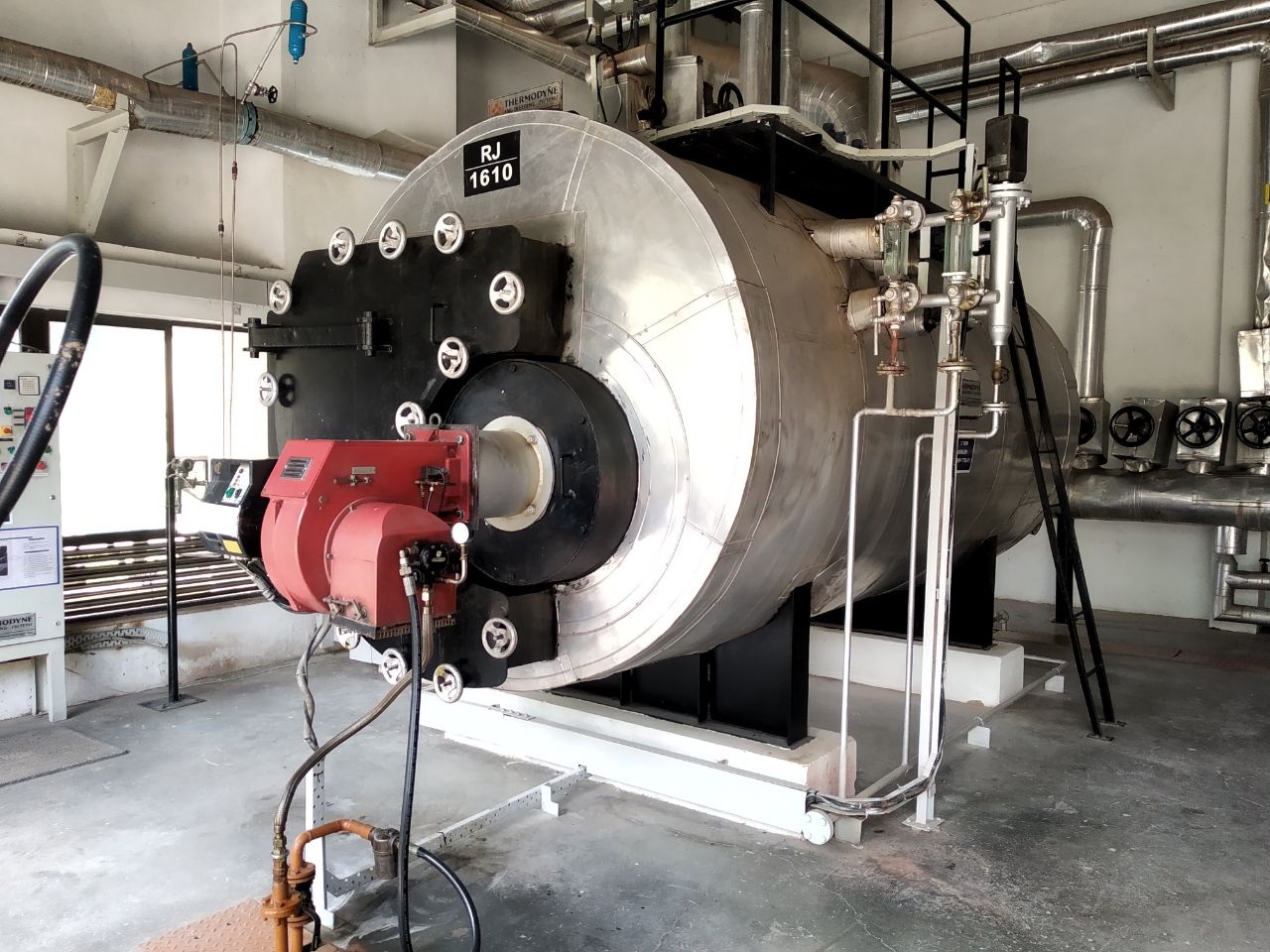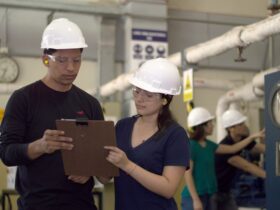Boilers are an essential part of any commercial or industrial facility, providing heat and hot water for a range of applications. However, with rising energy costs and increasing environmental concerns, ensuring the efficiency and sustainability of boilers is becoming more important than ever. In this blog post, we will explore boiler sales’s importance in achieving these goals. We will examine the latest technologies and innovations in the industry, as well as best practices for maintenance and installation.
We will also delve into the regulatory landscape and how it impacts boiler sales, including the latest updates on emissions standards and other regulations. With our expert insights and guidance, you can make informed decisions about boiler sales and ensure that your facility is operating at peak efficiency and sustainability.
Types of Boilers
1. Fire-tube Boilers:
- Scotch Marine Boilers: These boilers are characterized by their compact size and horizontal orientation, featuring a cylindrical shell. Equipped with two or more spacious cylindrical furnaces, they are widely employed in various marine applications.
- Vertical Fire-Tube Boilers: These boilers feature a vertical cylindrical shell and are frequently employed in smaller-scale applications.
2. Water-Tube Boilers:
- D-Type Boilers: These possess a tube configuration that is either D-shaped or bent, and are renowned for their exceptional steam capacity and pressure capabilities. They find wide usage in various industrial applications.
- O-Type Boilers: These devices are designed with either an O-shaped or drum-shaped configuration and are utilized in situations that demand high-pressure steam.
3. Electric Boilers:
These electric boilers utilize electricity to generate heat for water and either steam or hot water production. They are commonly employed in smaller-scale settings and in situations where the emission levels are a significant factor.
4. Steam Generators:
Steam generators are separate from boilers, although they fulfill a similar function. These devices find frequent applications in nuclear power plants and other specialized scenarios to generate steam under high pressure.
5. Condensing Boilers:
These systems have been engineered to optimize energy efficiency through the utilization of heat recovery from flue gases. They are widely employed in both residential and commercial heating applications.
6. Combi Boilers (Combination Boilers):
Combi boilers integrate the functionalities of a water heater and central heating boiler within a single unit, making them highly sought after in residential settings due to their compact and efficient design.
Factors to Consider Before Purchasing
1. Capacity and Size
It is essential to ensure that the capacity of the boiler matches your specific heating requirements. If the boiler is too small, it will have difficulty meeting the demand for heat, whereas if it is too large, it can result in unnecessary energy consumption.
2. Energy Efficiency
In order to minimize operating expenses, it is crucial to prioritize efficiency. Selecting boilers with high AFUE (Annual Fuel Utilization Efficiency) ratings will guarantee optimal fuel utilization.
3. Fuel Type
The selection of fuel can have a substantial effect on both operational expenses and environmental factors. Typical choices encompass natural gas, propane, oil, and biomass.
4. Maintenance Requirements
It is imperative to regularly maintain your boiler in order to ensure optimal efficiency and extend its lifespan. When choosing a boiler model, take into account the ease of maintenance.
Choosing the Right Boiler
- Fuel Type: When selecting the fuel type for your boiler, it is important to consider various factors such as availability, cost, and environmental impact. Common options to choose from include natural gas, oil, propane, electric, and biomass. Explore www.tomlinsonenergy.com.au for further comprehension.
- Boiler Size and Capacity: Determine the necessary heating capacity for your building by considering its size, insulation, and heating requirements. It is important to avoid oversized boilers as they tend to be less efficient and more costly to operate. On the other hand, undersized boilers may not be able to adequately meet your heating demands.
- Efficiency Ratings: When searching for boilers, prioritize those with high energy efficiency ratings. Gas and oil boilers are typically measured by their Annual Fuel Utilization Efficiency (AFUE) percentage, while electric boilers are evaluated based on their Heating Seasonal Performance Factor (HSPF).
- Boiler Type: Select the suitable boiler type to cater to your requirements. Popular choices encompass condensing boilers, which enhance efficiency by reclaiming heat from exhaust gases, and combi boilers, which offer both heating and hot water solutions.
To wrap it up, boiler sales play a critical role in ensuring efficient and sustainable heating solutions for various industries. The use of high-efficiency boilers can significantly reduce energy consumption, resulting in lower operating costs and reduced environmental impact. Additionally, regular maintenance and servicing of boilers can extend their lifespan and optimize their performance. As industries continue to prioritize sustainability and energy efficiency, investing in high-quality boilers from reputable manufacturers becomes increasingly important.







